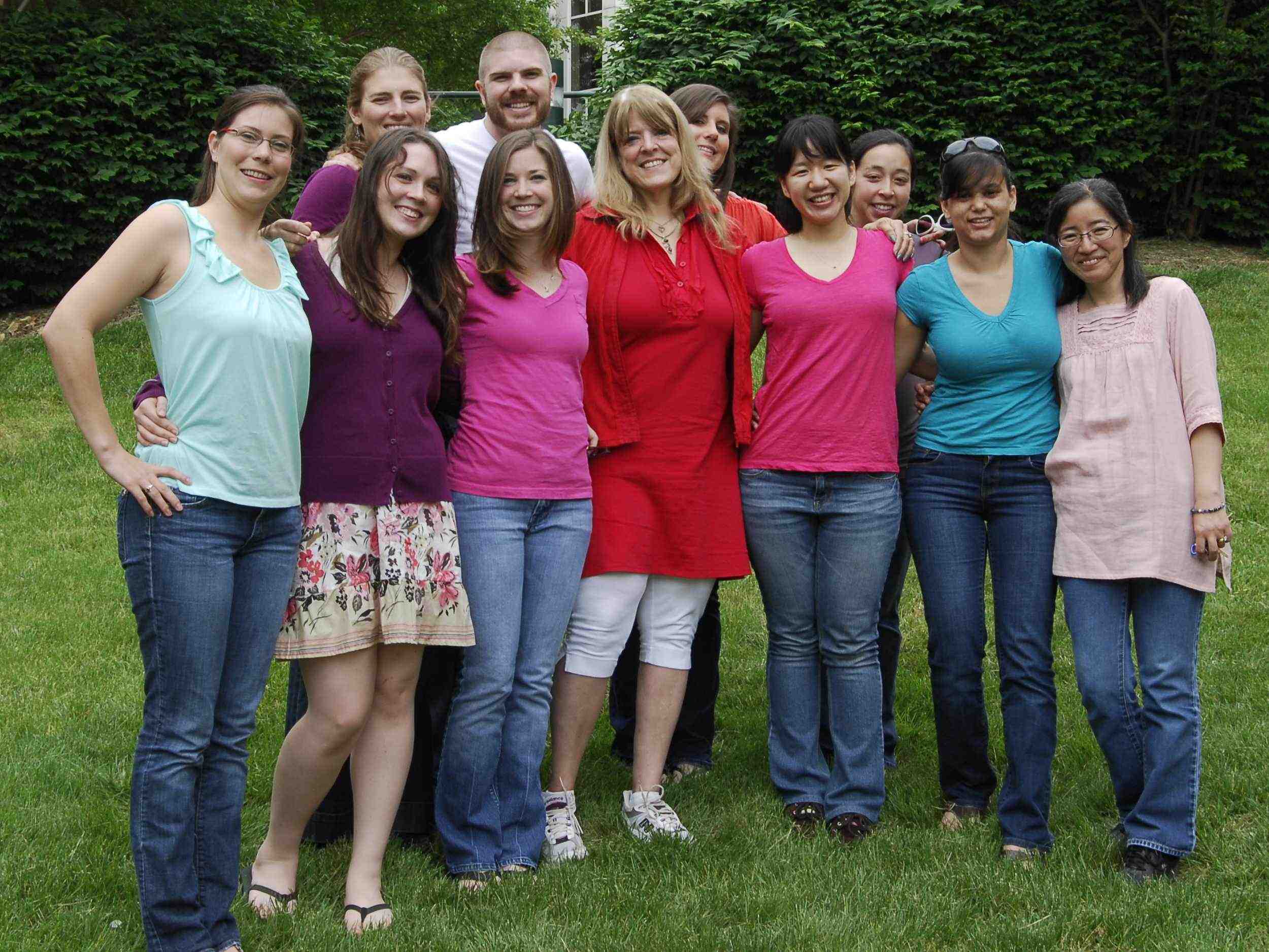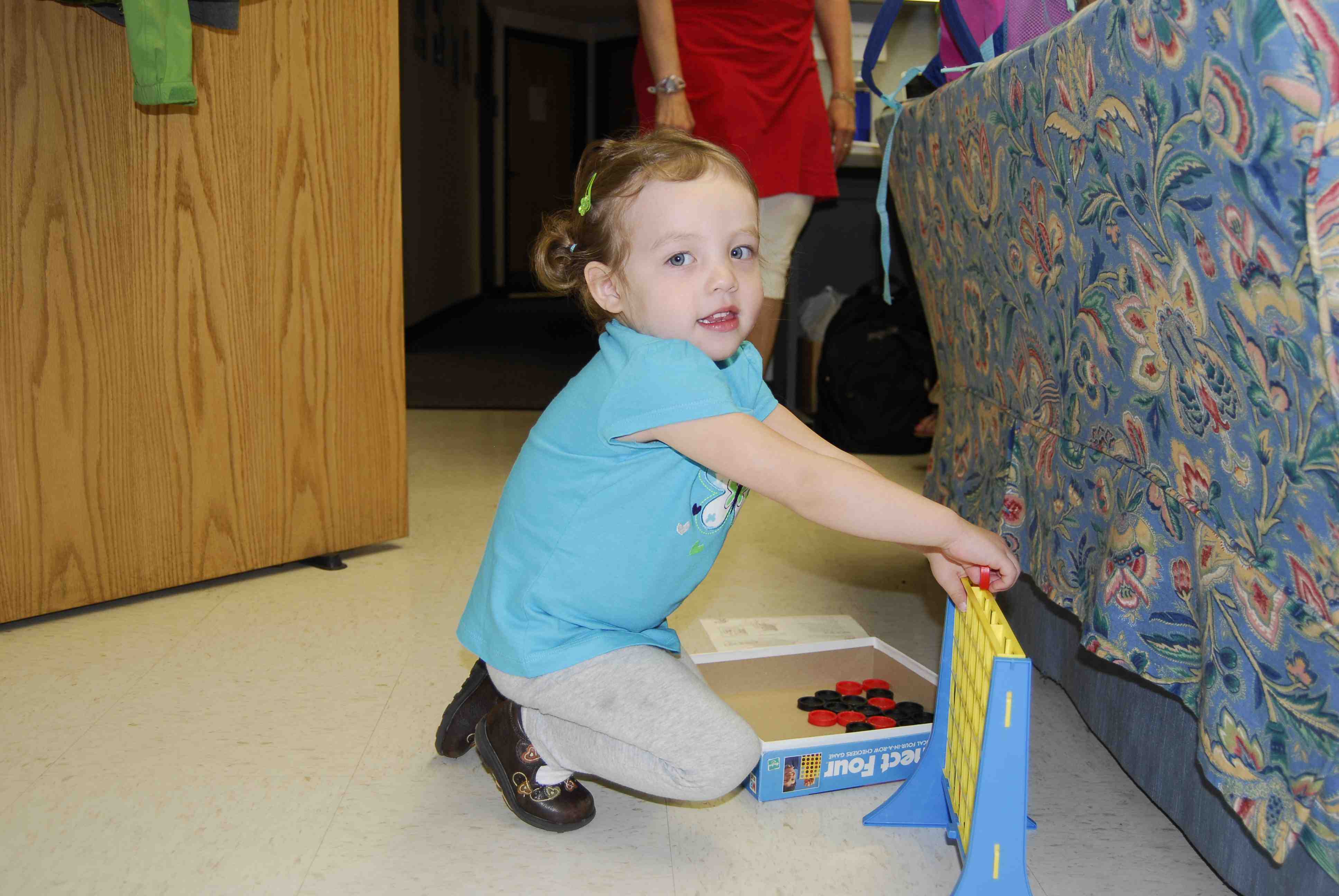George Mason University
Child Development Lab
Department of Psychology


Completed Projects
Teachers as Socializers of Social Emotional Learning (TASSEL)

Teachers as Socializers of Social Emotional Learning (TASSEL) was a three-year IES-funded study conducted in conjunction with CAPSEL. This study examined the preschool teacher’s role in helping their students develop social and emotional competence as they prepared to move into kindergarten. Children’s abilities to regulate their behavior, emotions, attention, and effort (self-regulation) and get along well with others (social cognition and behaviors) are identified as crucially important school readiness skills. There has been extensive study on parents’ roles in this area. However, as more and more children are spending time in the preschool setting, it was important to examine this venue, as little work has been done in this area. The results of this study continue to help in the development of methods and tools preschool teachers can use to help their students prepare social and emotionally for kindergarten entrance.
Over the course of the three-year study, TASSEL studied approximately 400 children in 60 preschool classrooms. Social and emotional factors were examined on both the teacher and child level. Teachers were observed in their classrooms, and asked to complete self-assessment questionnaires. Children's emotional and social competence were studied both in the traditional pen and paper method along with new computer based versions of the assessments.
Classroom observations in this project were completed in
conjunction with Dr.
Curby's lab. For more information about his part of the
project, please see his website.
Computerized Assessment of Preschool Social-emotional Learning (CAPSEL)

Computerized Assessment of Preschool Social-emotional Learning is a
two-year NIH-funded study conducted in
conjunction with TASSEL. Because social-emotional learning (SEL) is
so crucial, assessment tools to pinpoint children’s skills and
progress are vitally necessary. Thus, this study adapted, via
computerization, research-based SEL assessment tools with strong
empirical predictive validity for school adjustment and achievement.
These computerized tools were used in early childhood educational
settings for instructional and outcome-based purposes. Throughout
schooling, but perhaps most especially during these early years, a
child’s abilities to express healthy emotions, understand emotions
of self and others, regulate emotion, attention, and behavior, make
good decisions regarding social problems, and engage in a range of
prosocial behaviors, all work together to promote successful school
experience. However, many children have deficits in these skills by
school entry, and educators lack the requisite tools to identify,
track and assess skills these children need to learn. Work to
ameliorate these conditions may help children have the chance to
fulfill their potential to live healthy and productive lives, a key
mission of NIH.
Over the two-year period, we collected a wealth of information
allowing us to transform an existing assessment battery to maximize
utility and feasibility in preschool, Head Start and prekindergarten
classrooms. We see the future of this assessment battery, in its
later, ultimate form, for both formative and summative child
assessments and classroom or program evaluation; it will be used to
inform overall classroom instruction and instructional plans for
specific students, measure school readiness, and evaluate program
accountability. Thus, our first aim in this
exploratory/developmental project was to design a computer-based
version of our SEL assessment battery.
We completed our computerization of game-like measures assessing emotion knowledge, social problem-solving, and prosocial behavior, and piloted these early versions, examining their usability with teachers and 3- to 4-year-old children, as well as their relation to teachers’ attitudes about computer, computer usage in the classroom, gender, age, and children’s early school success and cognitive ability. Additionally, we continue to revise the measures as necessary after holding focus groups and examining the utility of the computerized measures via field testing. With this foundation, we continue to work toward validation of the complete computerized battery against the original noncomputerized assessment tools, and in relation to children’s early school success. This work will provide a springboard to finalization of this battery and continued exploration of its usefulness.
Other projects
At the same time, we continue our interest in assessing children's
emotional and social competence, and anticipate both finishing
reports from our 6-year NICHD-funded
Assessing Social-Emotional Skills for School Readiness (ASESSR), and
refining new computer based versions of the assessments.
Our data on preschoolers’ social-emotional competence, as well as
older children’s forgiveness , and parents’ socialization of these
abilities – collected in several longitudinal studies – continue to
bear fruit.